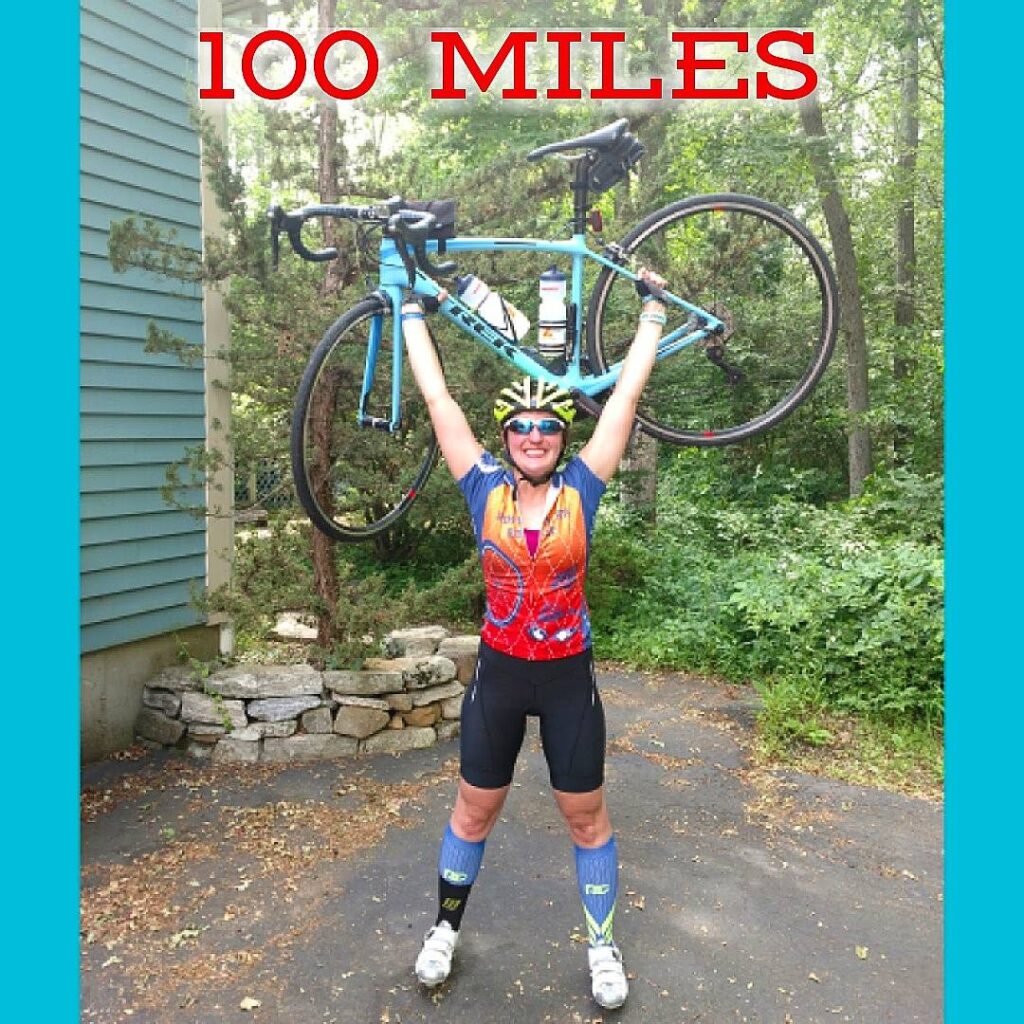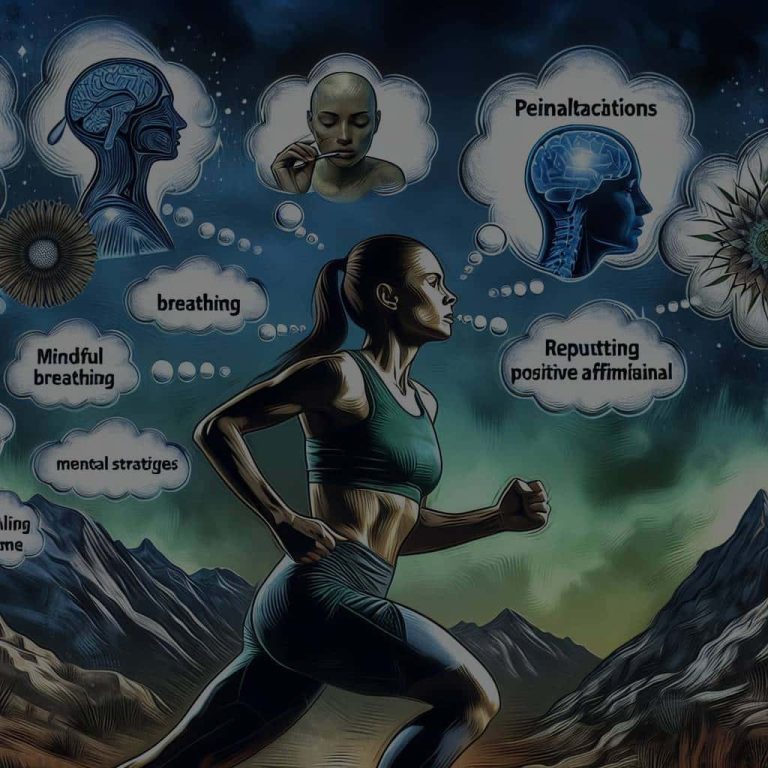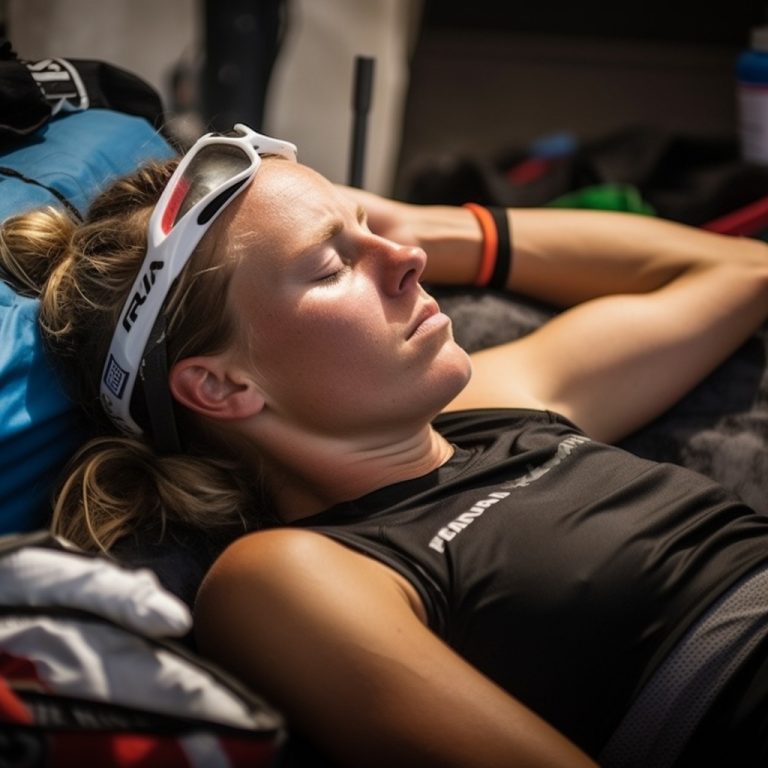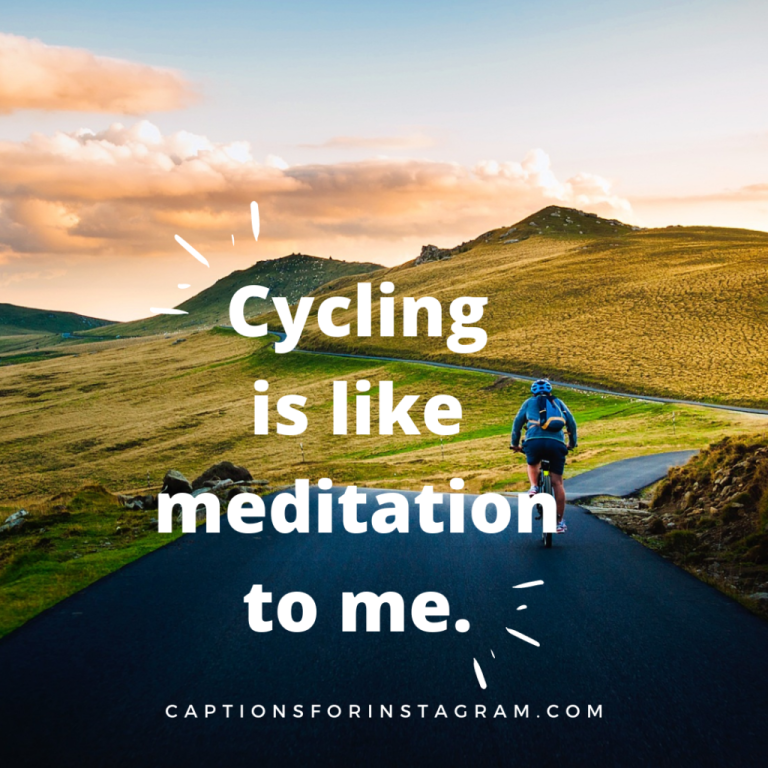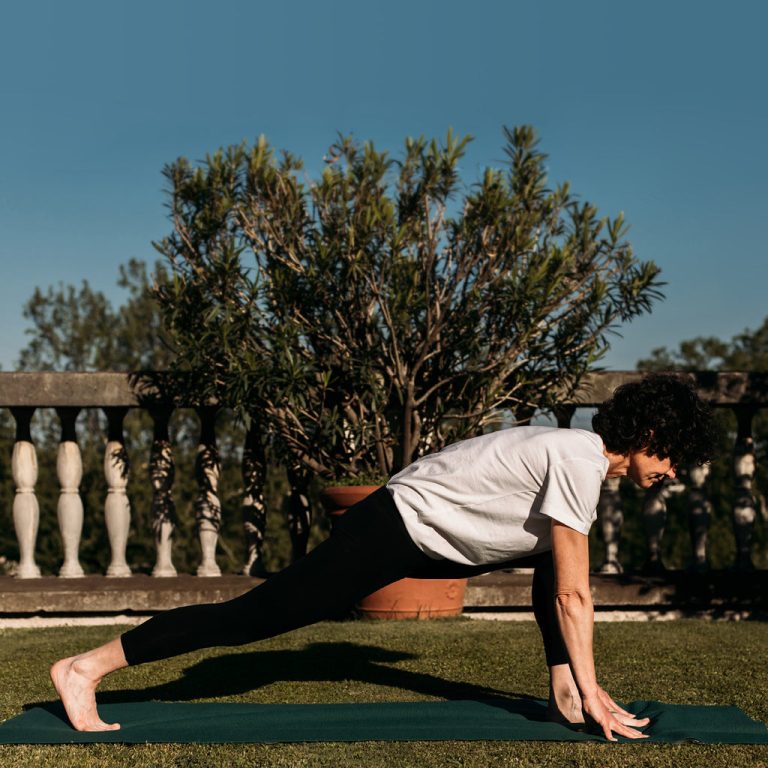Coping with anxiety Before Races: Essential Strategies for cyclists
Coping with anxiety before races is essential. It ensures cyclists maintain peak performance on race day.
Race anxiety can affect cycling performance metrics. Tackling these nerves is crucial for both elite and amateur cyclists.
pre-race nerves can disrupt mental preparation. Adopting effective strategies is key.
Relaxation techniques like mindfulness and deep breathing help cyclists focus.
Understanding these strategies can mean the difference between success and setback in competitive cycling.
Understanding Race Anxiety and Its Impact on Cyclists
Race anxiety is a common experience among cyclists. Pre-race nerves often lead to performance dips, where even seasoned athletes might falter at the starting line.
Anxiety not only affects mental focus but can disrupt physical performance metrics. Elevated heart rates and disrupted cycling cadence often result from unchecked stress.
Cyclists need to address anxiety for optimal performance. The need to engage in effective mental preparation becomes evident, especially with the prospects of competition stress ahead.
Effects on Cycling Performance Metrics
Understanding the link between anxiety and cycling performance metrics is important. Studies show anxiety can lead to a decrease in VO2 max improvements, directly impacting endurance.
The velocity at which cyclists pedal, known as cadence, is often disrupted by unchecked nervousness. Understanding and mastering this link is vital for optimal performance.

Engaging in structured mental resilience and resilience training helps manage competition stress, leading to better outcomes on race day.
Coping Strategies: Techniques to Manage Pre-race Nerves
Coping strategies are vital for calming pre-race nerves. Cyclists can utilize various methods to control their anxiety and improve performance.
Mindfulness and Relaxation Techniques
Mindfulness practices are a powerful tool. Techniques such as deep breathing and grounding techniques center the mind before competing.
Practice Focus: Begin by closing your eyes and taking deep breaths. Consistently inhale deeply through the nose and exhale gradually through the mouth. This helps reduce the racing thoughts and slows the heart rate, vital for performance anxiety control.
Integration of relaxation techniques before a race ensures a cyclist’s mind is calm and focused, helping mitigate the toll of anxiety on performance.
Positive Self-talk and Confidence Exercises
Positive self-talk in mental preparation can transform perceived threats into manageable challenges. Phrases like “I can conquer this hill” or “Every pedal counts” fuel the mind with confidence, aiding in the mitigation of stress symptoms.
Confidence building is an integral part of race day routine. Engaging in repeated affirmations ensures emotional regulation, helping maintain a resilient race mindset.
Visualization Techniques in Mental Preparation
Visualization allows cyclists to mentally rehearse races. Athletes imagine cycling the course, visualizing success at various checkpoints.
Visualize Success: Picture yourself maintaining an optimal pace while navigating tough spots. Imagining a smooth race reduces pre-race nerves by preparing the mind with positive expectations.
Cognitive Behavioral Therapy (CBT) and Emotional Regulation
Cognitive Behavioral Therapy (CBT) addresses negative thoughts. Practicing CBT enhances emotional regulation, vital for managing race anxiety.
By re-evaluating stressful scenarios and replacing them with positive alternatives, CBT enhances one’s coping mechanisms, facilitating confidence during competition.
Optimal Race Day Routine: Establishing Pre-race Rituals
An optimal race day routine lowers anxiety levels. Pre-race rituals establish consistency, vital for mental resilience.
Pre-race Rituals and Their Importance
Establishment of consistent routines instills a sense of control. Activities such as a warm-up cycle or a brief meditation contribute to the overall sense of preparedness.
Consistent rituals ensure that athletes approach race day with a calm, collected mindset, setting up a confident tone for competition.
Practical Coping Mechanisms for Stress Management
Engaging in activities to calm the mind helps manage stress post-race. Practices such as light stretching or listening to calming music aid in keeping anxiety levels low.
These coping mechanisms also ensure that the focus remains on the race performance, free from distracting thoughts.
Strategies for Performance Anxiety Reduction
Addressing performance anxiety involves working on mental toughness. Including resilience training in a race day routine builds mental resilience, enhancing competition readiness.
Moreover, understanding individual performance metrics helps set realistic expectations, which minimizes stress.
Integrating Nutrition and Safety with Mental Preparation
Comprehensive cycling prep involves more than mental strategies. Nutrition and safety play supportive roles.
Best Nutrition Practices for Cyclists
Eating the right foods before a race aids in anxiety reduction. Carbohydrates provide energy, while proteins aid in muscle recovery, supporting overall physical readiness.
Maintaining consistent energy levels from proper nutrition supports a focused and resilient mindset.
Cycling Safety Tips and Gear Choices
Safety is paramount. Proper bike maintenance and choosing the right cycling gear contribute to a stress-free race day routine.
Cyclists leading into competition should ensure their equipment is in optimal condition, focusing on paths to reduce pre-race nerves.
Real-life Situations and Studies
Cycling enthusiasts worldwide battle performance anxiety. Understanding peer experiences is vital.
Professional cyclist Hannah M. stated that grounding techniques helped her manage pre-race nerves. She emphasized mindfulness exercises that centered her mind on key performance metrics.
Studies highlighted the benefits of mental resilience programs in reducing stress levels among competitive athletes. These programs aided cyclists in enhancing their performance metrics and maintaining endurance during rigorous races.
Conclusion
Implementing strategies to cope with anxiety can boost cycling performance. Techniques like mindfulness, pre-race rituals, and visualization build resilience.
Cyclists mastering their race day routine ensure physical and mental readiness. Whether it’s controlling nervousness through deep breathing or setting up positive self-talk, integrating coping mechanisms leads to improvement.
Commitment to these practices is a path to success. Cyclists should start integrating these techniques into their training. Share experiences and inspire others navigating pre-race nerves by commenting below.
FAQs
What are effective pre-race rituals for reducing anxiety?
Effective pre-race rituals include activities that enforce routine and familiarity, such as light warm-ups, eating a balanced meal, and practicing visualization or mindfulness exercises.
How does nutrition affect race anxiety?
Proper nutrition stabilizes energy levels and helps maintain mental focus. Eating carbohydrates and proteins before a race can support physical readiness and anxiety control.
Can cycling gear choices impact my pre-race nerves?
Yes, using well-maintained and familiar gear can boost confidence and reduce stress, as cyclists are assured their equipment will not fail during the race.
How do professional cyclists manage race anxiety?
Professional cyclists often rely on mental preparation techniques such as positive self-talk and relaxation methods. Many incorporate these into daily routines alongside targeted physical training.
What role does resilience training play in managing pre-race nerves?
Resilience training focuses on building mental toughness. It prepares cyclists to handle stress and anxiety, maintaining focus and performance under competitive conditions.

